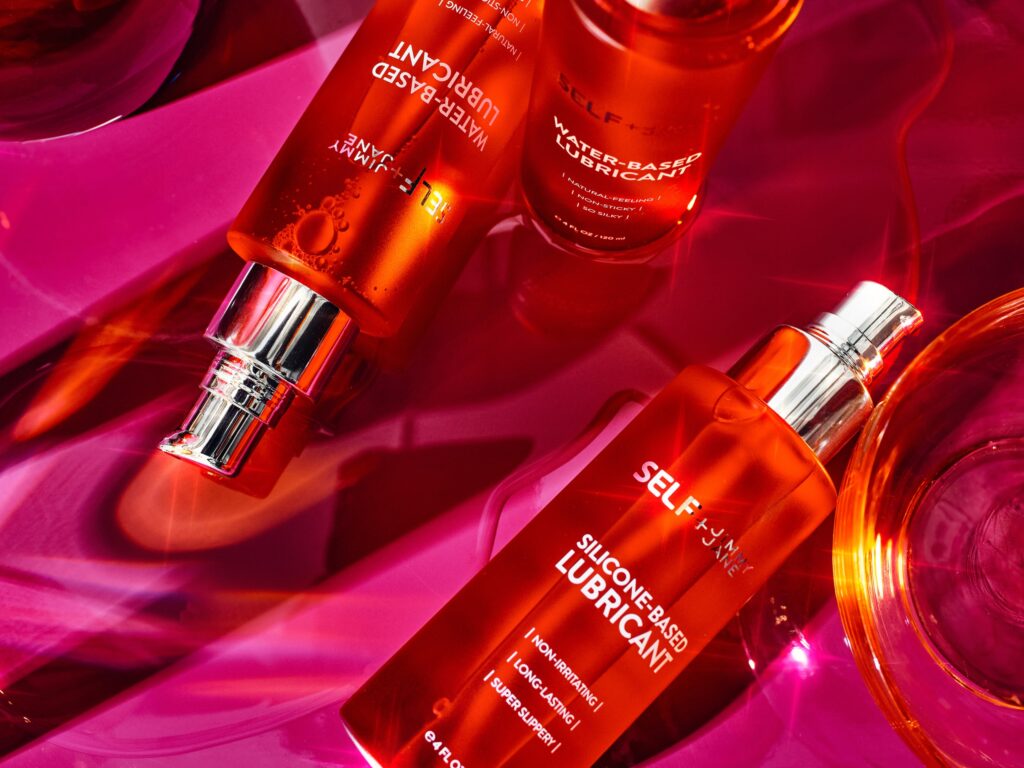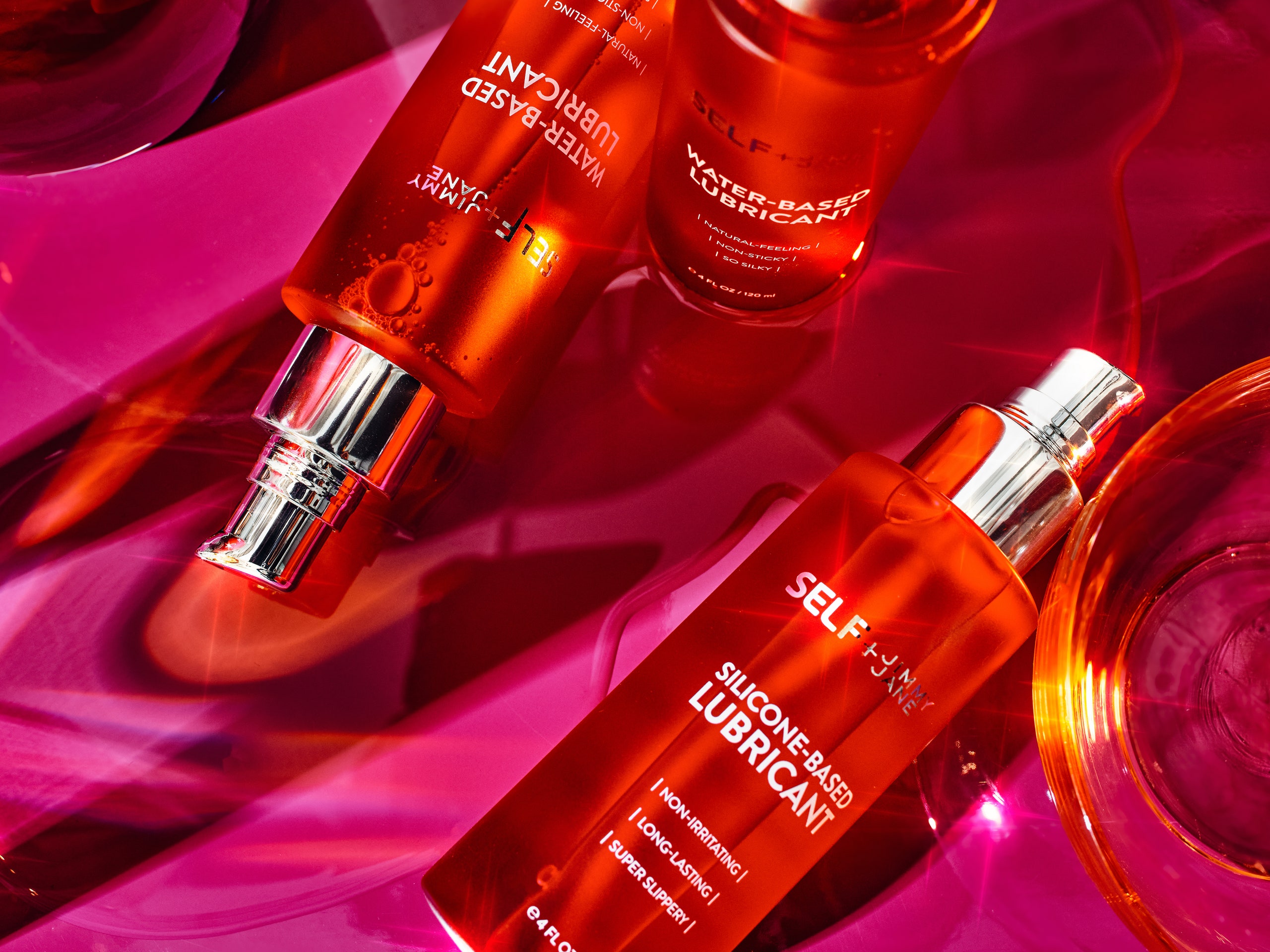After I posted my 10 (Non-food) Uses for Coconut Oil, I had a few people messaging me saying, “You forgot one!”. And an important use is a sexual lubricant. Now, why would you possibly want or need to use something as ordinary as coconut oil for something as sexy as…well, sex?
Conventional sexual lubricants are filled with all sorts of nasties – something I just assumed because I’m a conspiracy theorist regarding factory-made goods. But in order to really convince you, I offer you a list of the information I found when I went digging around to learn a bit more about what’s in those little tubes. You will not believe how toxic those lubricants are!
Take a look at how the average sexual lubricant that you buy at your drug store can harm your body:
1. Decreased Fertility. Sexual lubricants decrease sperm function by impeding the mobility of sperm and their ability to penetrate the cervical mucus. Lubricants also alter the pH of the vagina, creating an inhospitable environment to sperm – which means it’s hard to get pregnant if you’re using them. My heart just broke when I read this – many couples who are already having trouble conceiving use sexual lubricants because stress and fertility medications cause vaginal dryness – so they are trying to get pregnant, but unknowingly hurting their chance of conceiving by using sexual lubricant. Gah! So sad!
2. Kills Vaginal Flora. This article by Lauren K. Wolf references a study that found sexual lubricants killed the bacteria present in the vagina:
“…hyperosmolar lubricants and spermicidal gels killed microbes commonly found in the vagina. For example, K-Y Jelly killed all three species of Lactobacillus it was applied to. Dezzutti says the bacterial kill off is likely caused by the ingredient chlorhexidine, an antibacterial agent. Unbalancing the natural flora in the vagina is another possible strike against personal lubricants, she adds, because it might lead to infections such as bacterial vaginosis.”

The bacterial ecosystem in the vagina is just as crucial as that found in our gut. The right balance of vaginal flora is crucial for health, and if you have an imbalance, it leaves you prone to infections. This change and imbalance of flora are also bad for babies – their little guts become inhabited with the flora that they encounter through the birth canal – so if they get the imbalanced flora, it really affects their future health.
3. Feeds Candida. The glycerine that is in most lubricants is processed by the body like sugar – which feeds the yeast Candida albicans. Candida is already present in the vagina, although in a short amount, feeding it can result in yeast infections and in a disruption of the ecosystem in the vagina. Also as with the concern with vaginal flora being killed off, this proliferation of Candida is of great concern for babies and their first crucial dose of flora.
4. Hormone Disruption. Sexual lubricants contain parabens which are used as a preservative, to increase shelf-life. Unfortunately, parabens are proven hormone disruptors and have been shown to lead to decreased sperm count in men; are linked to cancer, and pose a risk to fetal development.
5. Cell damage. The protective lining of the vagina helps keep infections at bay, but if they are damaged, this becomes an area vulnerable to infection. Most of the ingredients in a tube of sexual lubricant are irritants of some sort, at the very least drying out the skin, which in turn absorbs the chemicals like a sponge. (See a list of lubricant ingredients here)
OK… Have I completely freaked you out?
Well, don’t you worry.
You don’t have to eschew sexual lubricants altogether, and possibly risk losing the quality of your sex life. I offer you this healthy alternative personal lubricant: Coconut Oil. Totally natural, and guess what? It’s anti-fungal and anti-microbial, so you’re doing two things at once! Don’t you just love multi-tasking? And since it’s also a fantastic massage oil, you really can’t beat it!
Problem solved.
Sources:
Behind the Label: K-Y Jelly at The Ecologist
Studies Raise Questions About Safety of Personal Lubricants at C&EN
Is Your Personal Lubricant Safe? at Natural News

